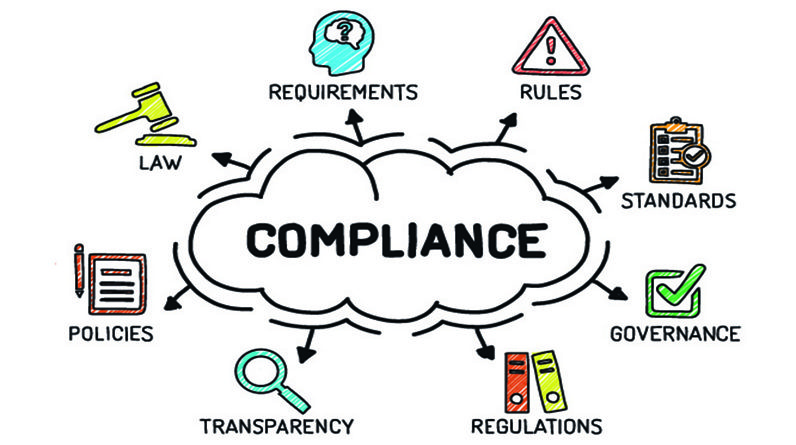A Natick psychiatrist was convicted by a federal jury of billing Medicare and private insurance companies for over $11 million in treatments he did not provide and obstructing justice in an attempt to conceal his crimes. Gustavo Kinrys, 52, of Wellesley, was convicted of seven counts of wire fraud, six counts of false statements relating to healthcare matters and one count of obstructing a criminal healthcare investigation. Between January 2015 and December 2018, Kinrys engaged in a variety of fraudulent billing schemes in which he sought and received reimbursement for services he did not render. For example, Kinrys billed Medicare and private insurers $10.6 million for thousands of TMS sessions he never provided, including over 8,000 sessions he claimed were provided to 74 patients who, in fact, never received a single session of the therapy.
Kinrys billed Medicare and private insurers for hundreds of thousands of dollars’ worth of psychotherapy sessions he never provided, including over 900 face-to-face sessions he falsely claimed he provided while he was on vacation in locations like the Bahamas, Punta Cana, Dominican Republic, and the Czech Republic. On 382 occasions, Kinrys billed Medicare and private insurers for having provided more than 24 hours’ worth of psychotherapy services in a single day, including one day in July 2017 when he claimed he had provided hour-long psychotherapy sessions to 70 different patients — all while outside the United States on vacation.
To further his fraudulent billing scheme, Kinrys made numerous false statements to his patients, the billing company with which he worked and the insurers to whom he submitted claims seeking reimbursement. When Medicare, private insurers and the Department of Health and Human Services (HHS) sought records from Kinrys pertaining to certain of his claims, he took steps to conceal his fraudulent conduct by making false representations and creating false documentation purporting to show that he had provided thousands of treatments he had billed for, but never rendered. For example, in response to a July 2018 subpoena from the HHS’s Office of Inspector General seeking medical records for 10 of his patients, Kinrys created documents — and ordered his office workers to create documents — falsely stating that those patients had received dozens of treatments they had never been provided and falsely representing that the condition of those patients was improving.







